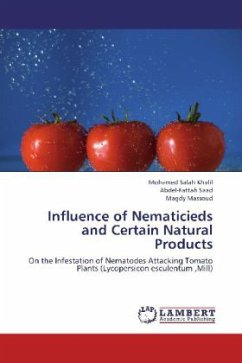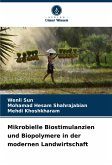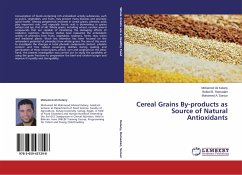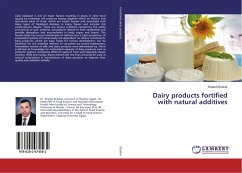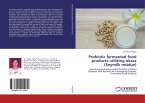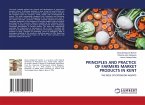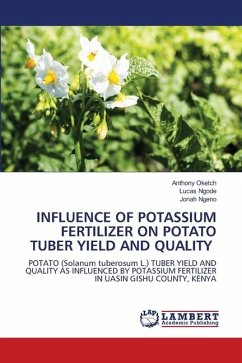Root-knot nematodes are considered one of the most destructive and difficult crop pests to be controlled. It cause economic losses for tomatoes and different vegetable crops in Egypt. There are several methods to manage the root-knot nematodes (Meloidogyne spp),the most important methods are by using synthetic nematicides, microorganisms,biopesticides, botanical pesticides and soil amendments which have been used as an attempt to protect the tomato plants. Biopesticides, botanical pesticide and microorganisms are being a new tools which proved to be an important and alternative in the course of IPM programs against the plant parasitic nematodes. Therefore, this study was aimed to investigate the performance of agrochemicals agents, as well as to through a light on the natural products and microorganism as alternatives and safety methods to manage the root-knot nematodes disease.
Bitte wählen Sie Ihr Anliegen aus.
Rechnungen
Retourenschein anfordern
Bestellstatus
Storno

